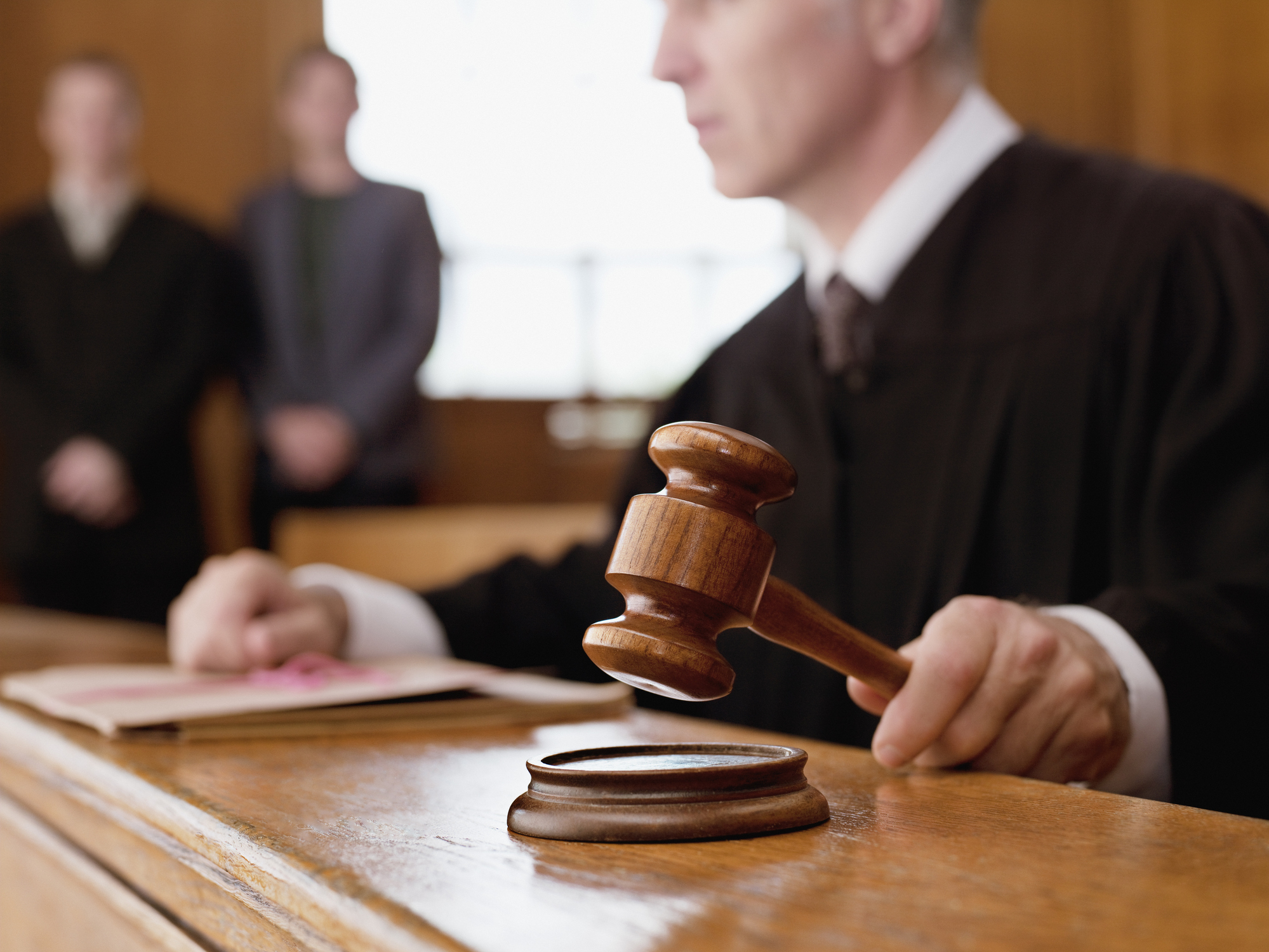
Sodomy laws can be complex and vary widely, but they have specific meanings and consequences in Georgia. It’s a serious charge, and how you handle the situation from the start can significantly impact the outcome.
So, if you’ve found yourself facing sodomy charges in Georgia, you’re likely going through a whirlwind of emotions and questions. And in such a situation, it’s crucial to stay informed about your situation and rights.
That’s why this guide aims to walk you through what you need to know and the steps you can take to protect yourself.
Let’s get started!
Understanding the Charge
When you hear the term “sodomy,” it might bring up a lot of questions like – is oral sex illegal in georgia, or are there any consequences of this charge? Well, in reality, Sodomy encompasses a range of non-vaginal sexual acts, which include both oral and anal sex. It’s crucial to understand that these laws apply to everyone, regardless of the gender of the individuals involved in the activity.
So, what does it mean for you if you’re charged? Well, the stakes are high. If you’re convicted of Sodomy in Georgia, the consequences are severe and could mean spending years behind bars.
On top of that, you might have to register as a sex offender. That’s a label that sticks and can turn your world upside down. It affects where you live, your jobs, and how people see you.
Immediate Steps to Take Following a Charge
When you’re charged with Sodomy in Georgia, the steps you take right after can make a big difference in your case. Here’s what you need to do:
Find a Defense Lawyer
Getting a defense lawyer who has experience with sodomy cases in Georgia is key. They’ll know the local laws and give you the best advice. Look for someone who has a good track record with cases like yours. You can start by asking for recommendations, checking online reviews, or contacting your local bar association for a referral.
Don’t Say Anything Without a Lawyer
If the police ask questions, you might want to explain your side of the story, but it’s best to wait. Politely say you wish to speak with a lawyer before discussing anything. This is your right, and it’s a safe way to protect yourself. Anything you say can be used in court, so it’s better to have a professional guide you on what to share and when.
Keep Hold of Evidence and Records
Any evidence or information related to your case needs to be kept safe. This could be texts, emails, or anything else that might help you. Don’t throw anything away or delete any photos, even if you think it’s unimportant. It might be useful to your lawyer.
These steps are just the start, but they’re essential.
The Role of a Defense Attorney
A defense attorney is your advocate, meaning they’re your voice in the legal system. They’ll fight for your rights at every step. Here’s how:
Challenging Evidence
Your attorney’s job is to ensure that all evidence was collected per your legal rights. If the police skipped a step or violated your rights while obtaining evidence, your attorney would challenge this in court. This might involve questioning the validity of search warrants or the legality of a police stop and search. If they succeed, this evidence could be ruled inadmissible.
Developing a Defense Strategy
Every case is unique; only a good defense attorney knows that a one-size-fits-all approach won’t cut it. They’ll look into the specifics of your case, including any potential defenses like mistaken identity or consent. The goal is to build a robust defense strategy tailored just for you, which could mean pushing for a full acquittal or negotiating for reduced charges.
Representing You in Court
If your case goes to trial, they’ll be with you every step of the way, arguing to the judge and jury on your behalf. They’ll be there to object to improper questions or evidence and ensure that your trial is conducted according to the rules of the court. Your attorney’s presence is about giving you a voice and ensuring you’re treated fairly throughout the legal process.
Negotiate Plea Deals
Plea deals can be a delicate aspect of criminal defense. In situations when the evidence is strong and in your best interest to avoid trial risks, your attorney may negotiate a plea deal where you plead guilty to a lesser charge. This can result in a lighter sentence and other benefits.
The Final Word
As we conclude this guide, it’s crucial to reemphasize the importance of seeking professional legal counsel. While this blog has aimed to inform you about your situation and the rights you hold, it’s just the beginning of what you need to know. Your next step should be to contact a defense attorney who can provide you with personalized advice and representation.
Leave a Reply